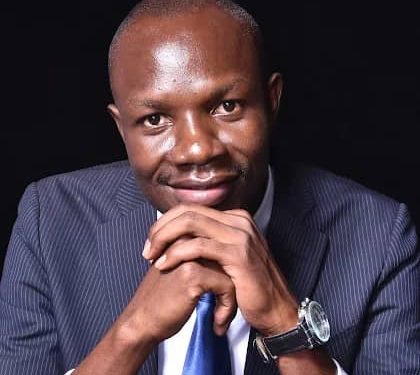By David Wabukye
As I start my daily commute to work, I’m constantly reminded of Uganda’s Traffic Police, a force meant to ensure road safety and enforce regulations. However, many officers have turned their roles into personal revenue streams, diverting tax money from unsuspecting motorists into their own pockets. Uganda is already struggling to meet its tax revenue goals, and this rampant bribery within the Traffic Police has become a troubling obstacle, undermining public trust and straining national resources. As a friend wryly commented to me, “If only they collected these bribes for the government treasury!” It’s time to expose this reality and demand accountability.
The Bribery Epidemic
Traffic Police officers should be prioritizing road safety, reducing accidents, and maintaining order on Uganda’s roads. Ideally, fines for offenses are meant to be remitted to government revenue accounts to support essential services like road infrastructure and healthcare. In practice, however, some officers have turned enforcement into a business, extracting bribes from drivers for minor or fabricated infractions. Bribery has become so routine that it’s normalized—motorists are stopped for “offenses” as trivial as slightly tinted windows or missing stickers, while in many cases, there’s no offense at all.
The bribes might range from UGX 5,000 to UGX 50,000 (roughly USD 1.50 to USD 15), but the cumulative effect is staggering. For instance, on an average day, about 300 motorists use the Tororo-Mbale highway. If 40% of these motorists pay a UGX 10,000 bribe, it amounts to UGX 1,200,000 daily, UGX 36,000,000 monthly, and UGX 432,000,000 annually—just on a single traffic roadblock. With approximately 250 roadblocks on major routes across Uganda, this adds up to over 108 billion shillings per year in unaccounted revenue, diverted from the public treasury to private hands.
Tactics of Extortion
Traffic officers employ various tactics, such as:
1. Fabricated Offenses – Inventing non-existent infractions to justify fines.
2. Intimidation – Threatening motorists with arrest or license confiscation.
3. Delaying Tactics – Detaining drivers for hours to pressure them into paying bribes.
The Cost of Bribery
This epidemic has serious consequences. Among them:
Loss of Government Revenue: Billions of shillings meant for the treasury are diverted, leaving the public sector underfunded.
Eroded Public Trust: Motorists lose faith in both the Traffic Police and the government.
Inefficient Traffic Management: With officers focused on revenue rather than safety, traffic management deteriorates, discouraging investment and economic growth.
Solutions
To tackle this corruption, the government should consider the following:
1. Reform Training – Emphasize road safety and public service in police training.
2. Technology Integration – Use cameras to issue fines and reduce human interaction, minimizing the opportunity for bribery.
3. Robust Complaints Mechanisms – Encourage citizens to report corruption incidents.
4. Community Engagement – Foster collaboration between police and local communities to build mutual trust.
5. Performance-based Incentives – Reward officers for integrity, similar to the recognition recently given to officer Abdallah Tumusiime.
Call to Action
Uganda’s Traffic Police must refocus on their mission of road safety, not personal gain. We urge the government to confront this issue, restore public trust, and create a corruption-free traffic management system. Motorists, report incidents of bribery. Together, we can drive toward safer, more accountable roads.
Join the Conversation: Share your experiences with the Traffic Police.
The Author: David Wabukye is a university lecturer, entrepreneur, and current affairs analyst.
dwabukye@gmail.com















